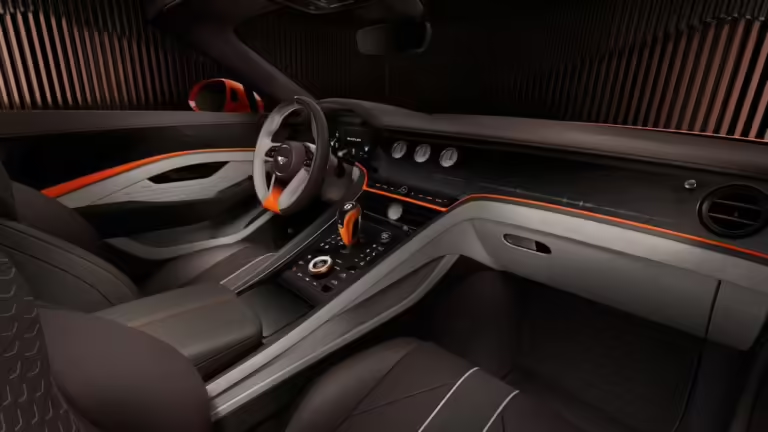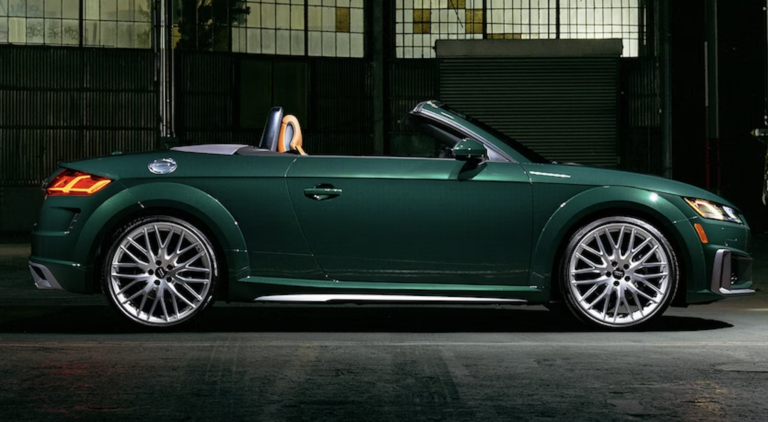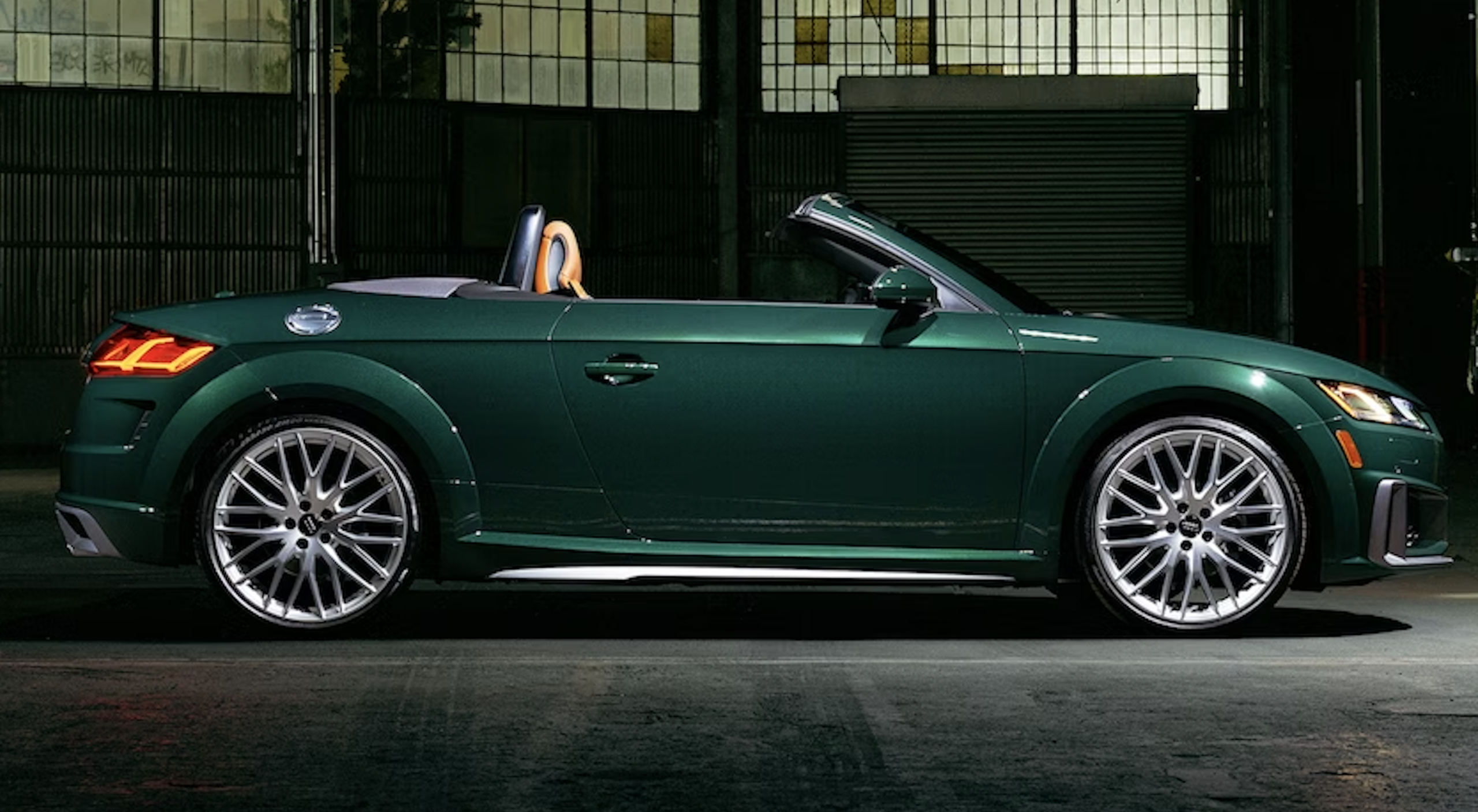SWITZERLAND – SPEEDS, TOLLS, TRAFFIC REGULATIONS

Redakcja Cabrio Magazyn
January 22, 2020r.
Similar from this category
21 June, 2024
13 November, 2023
01 November, 2023
BMW Skytop Concept. Luxury Targa in limited edition
21 June, 2024
AUDI TT FINAL EDITION or the end of a design icon
13 November, 2023
DS MANAGER. HAPPINESS AND POSITIVE VIBES WITH PARTNERS
01 November, 2023
GENERAL INFORMATION
It is a small country in the center of Western Europe, famous for its banks and precision watches. In winter, Switzerland is a destination primarily for skiers who visit the local Alpine resorts. If you’re traveling to that part of Europe, familiarize yourself with Swiss road regulations so that your trip will pass without unpleasant surprises.
To enter Switzerland you are entitled to have an identity card or passport valid for at least 6 months.
Necessary equipment
- warning triangle
- Seat belts (also on the rear seats, if installed)
REGULATIONS AND PENALTIES
- Persons who are at least 18 years old are authorized to drive vehicles
- It is prohibited to possess and use anti-radar devices, which may be confiscated during inspections
- In Switzerland, there is a ban on the so-called. wild overnight stays outside of designated areas such as highway parking lots. If you undertake an illegal overnight stay, expect police scrutiny and a hefty fine as a result.
- In winter, it is recommended to drive on winter tires, it is mandatory to use anti-slip chains in places where special signs are set up
- In mountainous areas, on some roads at certain times only one-way travel is allowed, information signs are set up at each end of the road
PERMISSIBLE BLOOD ALCOHOL CONTENT
MINIMUM FINE FOR DRUNK DRIVING
MAXIMUM AMOUNT OF DRUNK DRIVING FINE
PERMISSIBLE WIDTH OF VEHICLES
2,55 m
PERMISSIBLE HEIGHT OF VEHICLES
4 m
PERMISSIBLE LENGTH OF THE VEHICLE COMBINATION
18,75 m
ROAD TOLLS
There is a toll on expressways and highways. It is necessary to purchase a vignette, the price of which depends on the category of the vehicle. Only annual vignettes are available for passenger cars. An additional fee is paid for tunnel trips.
SPEED LIMITS
In built-up areas, the speed limit is 50 km/h. Other restrictions are outlined below.












